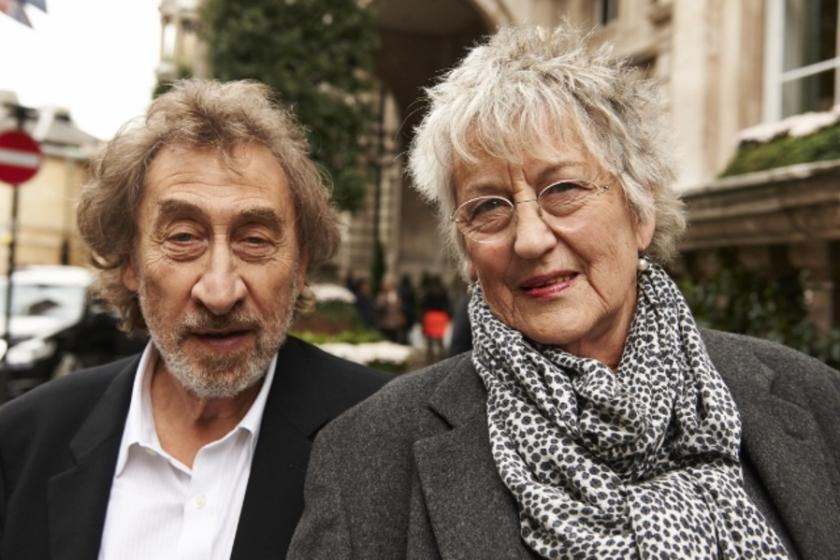They came, they saw, they conquered. It was the Sixties and London swung, while the suburbs of Melbourne and Sydney dozed in a beery torpor. Clive James recalls the fizz of beer pumps as the dreary soundtrack of Aus, while Germaine Greer just wanted to escape to “a place of beauty”. She believed, she said, in the “great Australian ugliness”. No one mentioned the cultural cringe, at least not in the first part of Howard Jacobson’s two-part homage to his four brilliant Australians. The cringe, nonetheless, hovered in the air, unspoken, pervasive.
Greer and James were joined by Barry Humphries and the late Robert Hughes as Jacobson’s glittering four. It was obvious why Germaine, Clive, Barry and Bob had made their great escape “overseas” – Australia, unimaginably vast, had felt too small to contain restive young intellects.
But the backwater stultification had been the making of them. “Just as the pressure on coal over millions of years can produce diamonds, the pressures of boredom produced intellectual diamonds,” was how one commentator Jacobson spoke to put it. And it gave them their language. “Australian speech is characteristically exaggerated and over-coloured,” Greer chipped in. “We overstate a case if we can.”
Greer was probably overstating, but a point forcefully made is one that usually sticks. And we weren’t likely to forget an encounter with these four: Greer celebrated for her fearless feminism (or for being, according to the wry Jacobson, “the world’s most photogenic polemicist”); James for incisively witty TV columns and much else; Hughes for blazingly intelligent as well as intelligible art criticism that cut through so much cant and art blather; and Humphries for his satirical take on suburban Aus through shy and retiring alter-ego Dame Edna. But all that was to come (tune in to part two).
Jacobson’s homage came about because he felt his life had been intertwined with theirs for the past 50 years. While Britons were still doing another kind of cringe-dance – that of class deference, these four, astonishingly, would pay no heed to antiquated social hierarchies. And just as they were leaving the land of the deafening beer pump, Jacobson was sailing into Sydney Harbour to take up a teaching post at the university, with Greer and James settling, in turn, to academic life in Cambridge. In awe of the social ease that James felt on arriving at Jacobson’s alma mater, Jacobson expressed his feeling that a kind of parallel existence presented itself here, with the Brit seeing what the expats couldn’t at that time see for themselves, and the Aussies not giving a damn about all the things that intimidate the “mealy mouthed” Brits. Of his three-year Australian sojourn Jacobson said, “I’d say it was a kind of resurrection, except that Sydney made me feel I’d never previously been alive.”
Fathers too, were discussed, specifically their absence in the lives of each of the four. James's father had been a WWII prisoner of war in Japan, and, most wretchedly, was killed in a plane crash on his return home. "I always felt that [my parents'] lives were truncated and that I should do something with mine," he said.
This was a lovely film. And Hughes, both despite and because of his patrician prickliness, was another absence keenly felt. Greer seems to have found him far more patronising than Norman Mailer (more of her famous Mailer encounter next week), and she was unafraid to say it. Part of the joy of this film was witnessing that characteristic lack of Aussie deference. Speak your mind, girl.















Add comment